Review – EVERY TIME WE SAY GOODBYE by Natalie Jenner
 Every Time We Say Goodbye by Natalie Jenner
Every Time We Say Goodbye by Natalie Jenner 
Series: Jane Austen Society #3
Published by St. Martin's Press on May 14, 2024
Genres: Historical Fiction
Pages: 336
Source: the Publisher
Amazon | Barnes & Noble | Bookshop
Goodreads
FTC Disclosure: I received a complimentary copy of this book from the publisher via the Publisher. All opinions are my own.
Every Time We Say Goodbye is the third book in Natalie Jenner’s popular Jane Austen Society series. I was a little nervous going in that I would be confused since I have admittedly not read the first two books in the series. Thankfully, while all three books are set in the same world, this one works quite well as a standalone and I didn’t find myself lost at all.
This compelling story follows Vivien Lowry, a playwright whose most recent play, which opened in London’s West End in 1955, was panned by critics and quickly shut down. At a loss for what to do next, Vivien takes a friend’s advice and takes a job in Italy working as a script doctor in the film industry. She, like many others, is still healing from the devastating losses of WWII, including the loss of her fiance David, who went missing in Italy during the war and is presumed dead. Vivien looks at her trip to Italy as a way to both find a new path forward for herself and to find out what really happened to David. Vivien is a complex, well drawn character and I found myself very invested in everything to do with her time in Italy, especially since it becomes such a personal journey for her.
One of my favorite parts about reading historical fiction is that I always learn something new when I read it. In the case of this book, I learned a tremendous amount about post-WWII Italy, and especially about the Italian film industry. Not only were there numerous iconic Italian actresses like Sophia Loren and Gina Lollobrigida present, but there were also many well known Expatriate actors and directors from the U.S. and from England on the scene. All the glitz and glam of the film scene provided quite the contrast to the struggles of the orphans and refugees that were of course also present in Italy after the war. She also explores just how much the Catholic church was policing and censoring the content of Italian films, as well as the political landscape of Italy as it tries to come to terms with its own role in the war.
Jenner also effectively uses a dual timeline in this multi-layered story. During her time in Italy, Vivien works with a director who is determined to make a movie about a young woman he doesn’t want the world to forget. This woman was not only his girlfriend, but she was also a member of the Italian Resistance and an assassin, who was tortured and murdered during the war. We learn more about the circumstances that led to her death in a timeline that is set during WWII.
Even though I read a lot of WWII historical fiction, I’ve not come across many novels that cover what happens in the years immediately following the war. If like me, you’re interested in books that help expand your knowledge of that time period, I definitely recommend Every Time We Say Goodbye. It is both a well researched work of historical fiction and an engaging story of love, loss and truth.
If you’re an audiobook fan, I also highly recommend the audiobook for this novel. It’s narrated by Juliet Aubrey who does a wonderful job bringing Vivien to life and capturing all of the complexities of emotions that run through the story. I alternated between the physical copy and the audio and was able to comfortably listen at my usual 1.75x speed.
Thanks to St. Martin’s Press, MacMillan Audio, Natalie Jenner, and Laurel at Austenprose PR for the gifted copy and for the opportunity to take part in the tour for this book!


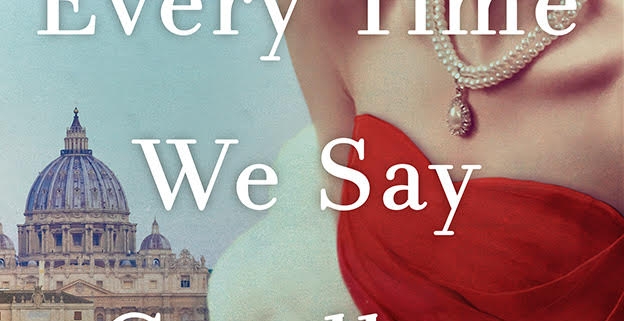

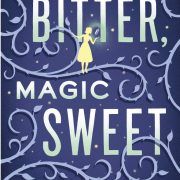
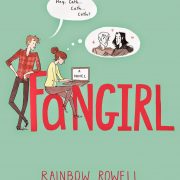

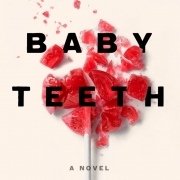

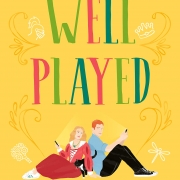

You make me want to read it Suzanne as I too love learning new things in books and if I read a lot about WWII I don’t read that much about the “after”.
Good to hear you can slide into this series without reading all the books. These are new to me, and it’s great to hear you enjoyed it.
I love WWII historical fiction, but stories focusing on the post-war years are equally interesting.
I don’t read a lot of WWII fiction but I love the idea of the Italian setting and the film industry elements 😁